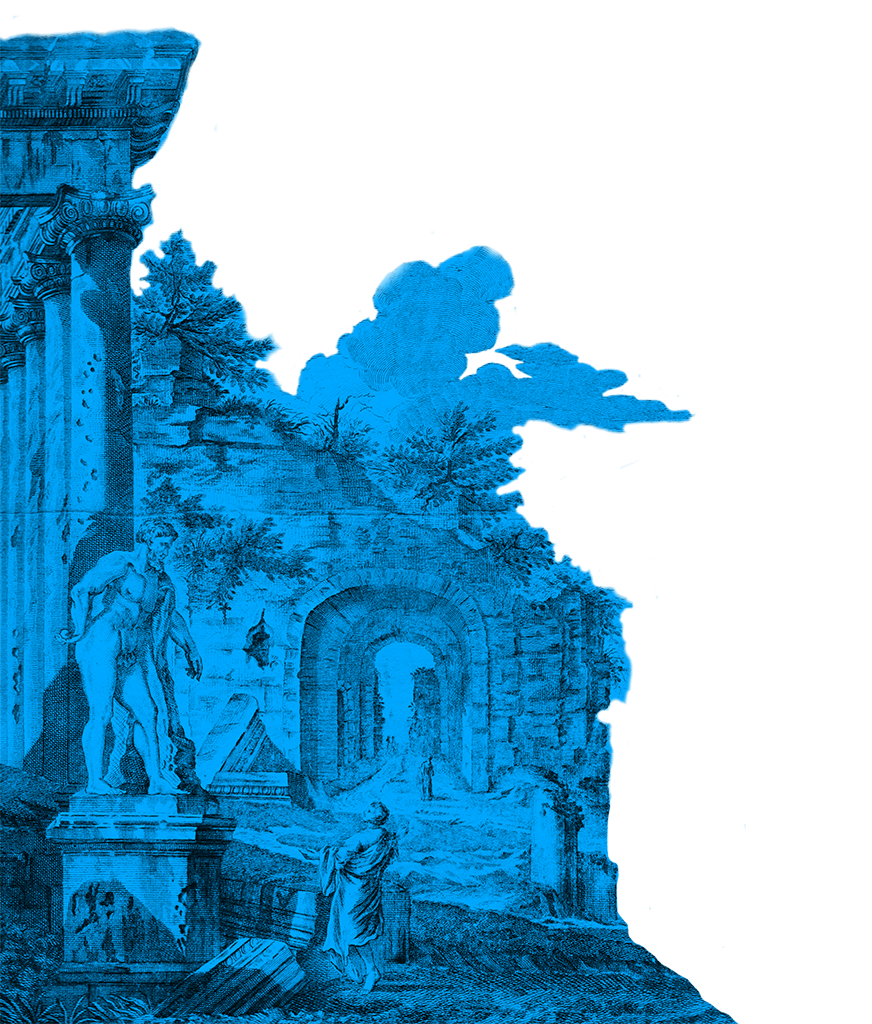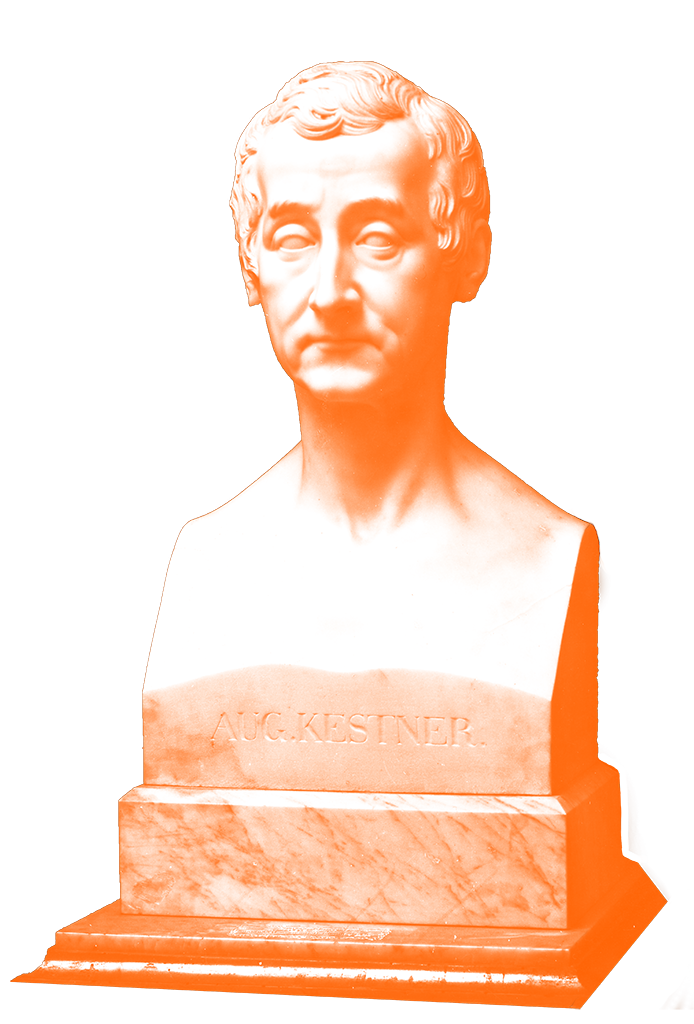The “Winckelmann and His Passionate Followers” conference wishes to take up the discussion initiated by several recent publications in addition to the “Winckelmann – The Divine Sex” exhibition at the Schwules Museum, Berlin (2017) concerning Winckelmann’s never concealed homosexuality by examining it as an constitutive element of his interpretation of ancient art and culture. With Winckelmann, (male) beauty became a subject of scholarship. Besides such biographical aspects, the question will be posed concerning the extent to which Winckelmann’s influence led to an opening up of the humanities and cultural studies to a ‘queer’ reading of antiquity, generating a picture of ideal masculinity that was both instructive and desirable. Queer and gender studies offer rewarding approaches. The central theme of the conference concerns the new possibilities offered by archaeology in particular to an international network of scholars with a view to unfolding a penetrating discourse over and above traditional gender roles and expanding the erotological practice to encompass the study of ancient history. Focus is placed on the eroticism of desire as an impulse for research, for collecting and for artistic as well as literary production. In the process, Winckelmann’s contemporaries as well as his ‘passionate followers’ to the present day will be discussed, these members of the cultural elite encompassing archaeologists and patrons, collectors, literary figures and artists, some of whom openly lived out their homosexual inclinations, who saw the potential for a fresh aesthetic and societal start in the appropriation of classical (Greek) antiquity.
The Museum August Kestner, Hannover, is not only suited to serve as the conference’s main venue with its unique multifaceted collection of Egyptian, classical and applied art objects but also through the person of its founder, the collector August Kestner (1777–1853). A resident of Rome for 36 years, he was truly one of Winckelmann’s “passionate followers”. The second prominent conference venue is the Roemer- und Pelizaeus-Museum, Hildesheim, with its internationally renowned Egyptian collection.
The following high-profile key note speakers have already confirmed their participation: Prof. Dr Robert Beachy (Underwood International College, Yonsei University Seoul / KOREA), Prof. Dr Whitney Davis (Department of History of Art, University of California at Berkeley / USA), Dr Adelheid Müller (Institut für Klassische Archäologie, Freie Universität Berlin / GERMANY) und Prof. Robert Deam Tobin (Henry J. Leir Chair in Foreign Languages, Literature and Culture, Clark University, Worcester / USA).
ORGANISATION
Dr. Wolfgang Cortjaens
cortjaens@queer-archaeology.de
MUSEUM AUGUST KESTNER
Prof. Dr. Thomas Schwark (director)
Dr. Christian E. Loeben (Egyptology)
ROEMER- UND PELIZAEUS-MUSEUM
Prof. Dr. Regine Schulz (director)
Dr. Christian Bayer (Egyptology)








